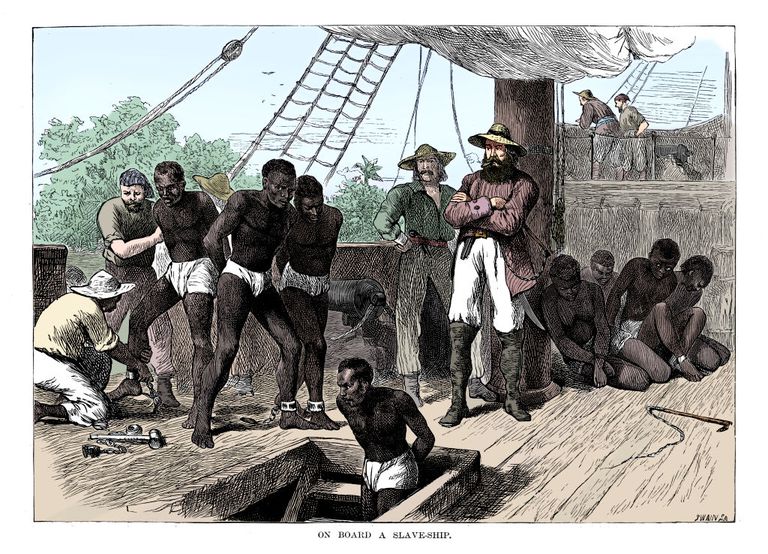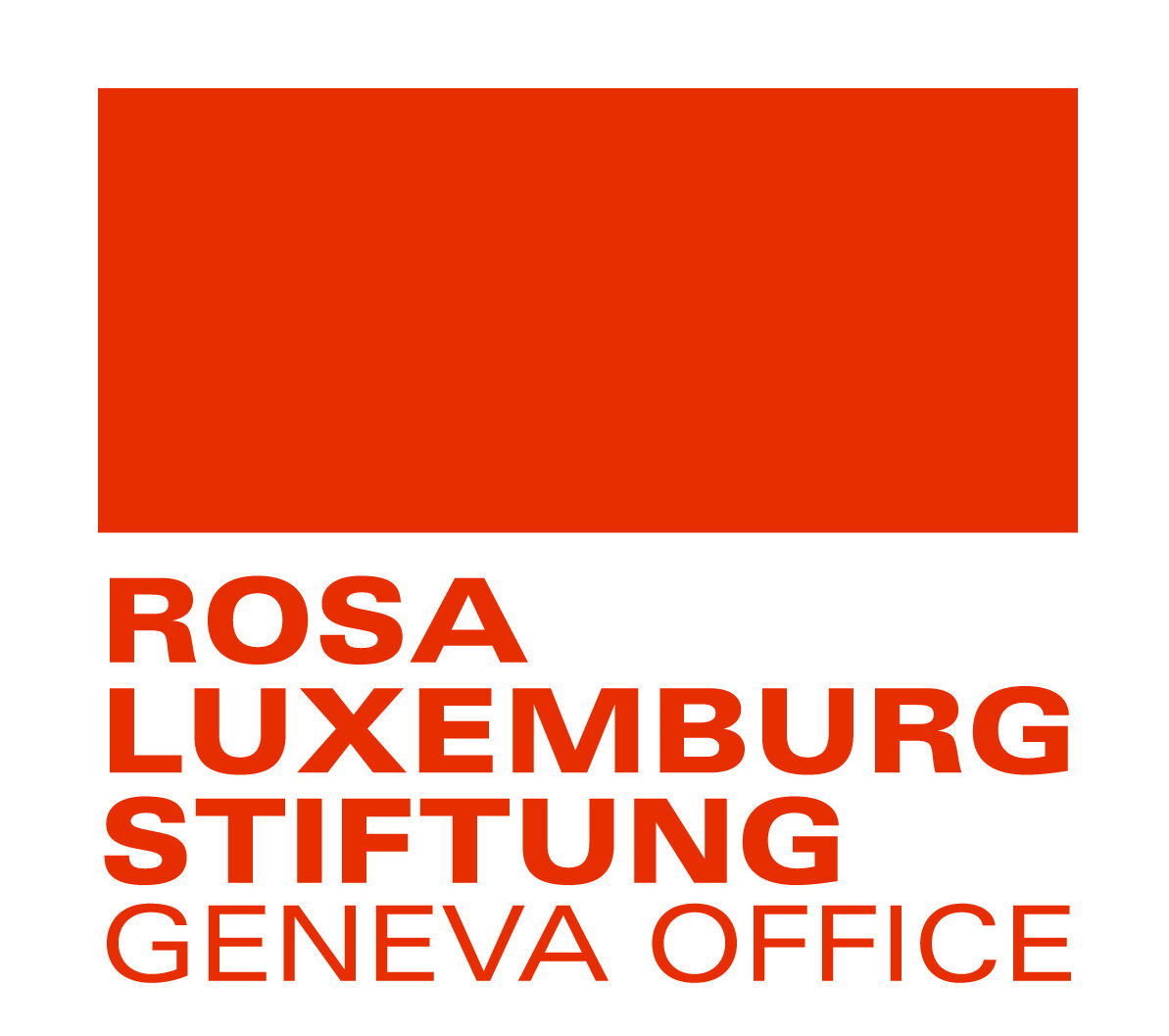Several writers document the impact of slavery on Africans in the continent and diaspora. The most seminal contributions were penned by Walter Rodney, Eric Williams and C.L.R James.[1]
We have learnt about the economic, political and cultural ramifications of slavery since its inception in the 15th century. This includes accounts of why this macro-system was legally abolished, and on the worldwide shifts towards universal humanism. The slavery abolishment and attainment of independence were perceived as essential steps for African liberation. Consequently, many thought the consciousness and subjugation associated with both colonialism and slavery would gradually disappear. Yet, Africans still have slavery embedded in their lived experiences and consciousness. Different writers, activists and academics have examined this reality, albeit form varied ideological and political perspectives.[2]
The memories of slavery and colonialism persist amongst Africans because they have not attained substantive liberation. Sabelo Ndlovu-Gatsheni observes how independence and liberal democracy political transitions did not result in full African emancipation. Democracy, according to him, has failed to attain the socio-economic, political and cultural emancipatory vision created by the founding decolonial activists.[3] His proposition is valid because racial capitalism, which underpinned both slavery and colonialism, persists on the African continent. It was first introduced in the 15th century, but its main structural characteristics remain intact even in a postcolonial democratic era.
African consciousness cannot be understood outside these social structures and systems of domination such as racial capitalism. The material and ideational hierarchies embedded in racial capitalism can be observed at various levels. First, the areas of colonial knowledge, language and cultural domination. Kenyan writer Ngugi Wa Thiongo refers to this as the metaphysical colonial empire while others term it colonial epistemology.[4] Africans associate persistent domination in the areas mentioned above with slavery and colonialism. This explains activists’ calls for a decolonisation of knowledge systems in various social institutions[5]. These campaigners include the RhodesMustFall student activists, cultural groups, artists, radical academics and indigenous knowledge practitioners. Similar campaigns have been launched in some South American countries and other states with indigenous populations. The underlying aim in all these movements is reasserting the value of non-Western epistemologies or cultural practices. Rebellious runaway slave communities in Africa and other former colonies have always attempted to preserve indigenous knowledge in their outlier societies.

The second expression of racial capitalism is material and socio-economic hierarchies in postcolonial African societies. Slavery consciousness and memory are intertwined with resource dispossession, poverty, ecological destruction and inequality. Africans still experience these structural socio-economic challenges, within a context of a global racialised capitalist order. The most vivid examples are the continuing land grabs that dispossess citizens, especially the rural working class or peasantry. These are undertaken under the guise of promoting economic development in impoverished communities. Extractive industry multinationals, assisted by corrupted states, are leading this new form of economic imperialism. Sam Moyo conceptualised the violence and livelihood destruction caused by these land grabs as a modern scramble for Africa.[6]His analogy brings to the fore a history of colonial economic dispossession, which plays out in the current epoch. Working class Africans, who carry the externalised costs of land grabs, have been deprived of basic human rights. This subsequently makes them feel like subhumans with no voice in a neo-colonial world. The interplay between historic and current economic domination is the heart of slave consciousness in African minds.
A third dimension of slave consciousness in Africa is based on the hierarchies in the internal labour force. Racial capitalism has always created social difference around race, class, nationality and gender amongst workers throughout the world. Robin Kelly explains how this segmentation is a constitutive element of racial capitalism.[7] In other words: it functions and reproduces itself through hierarchical identity markers between workers. Employees from the global South, particularly in Asia and Africa, engage in the most precarious forms of work. They contend with labour rights violations, minimal wages, violence and sexual exploitation. The cases of Asian women in the textile industries working in slave-like conditions to meet production targets set by Western multinationals are a case in point. Similarly, most Africans are employed in precarious jobs with minimal labour rights, which allow multinational employers to exploit them. The basic prescripts in international labour law frameworks and best practice are flouted. This includes using authoritarian state legislation or violence to prevent workers from organising. In some cases, the violence is carried out by private security organisations acting on the employer’s instructions. This is the great paradox in neo-liberal democracy. It is a system anchored on civil liberties, freedom, human rights and equal human universalism. But it is producing news forms of colonial domination and failing to address long-standing colonial legacies.
Slavery is perceived in African consciousness through lived experiences in racial capitalism. This system of domination was the structural foundation for slavery and colonialism. It has survived the varied waves of democratisation and colonial state independence throughout history. The primary modern racial capitalism manifestations are seen in the following areas: colonial epistemology, a neo-imperial political economy and slave conditions in labour markets. The power relations in these areas reproduce the violence, human rights violations, resource dispossession and economic exploitation associated with slavery. Consciousness is generated by both ideal and structural, material factors. Thus, it cannot be separated from structural and sociological contexts that underpin human existence.
Khwezi Mabasa
[1] Williams, E. 1944 . Capitalism and Slavery; Rodney, W. 1972. How Europe Underdeveloped Africa; James, C.L.R. 1963. The Black Jacobins.
[2] Williams, E. 1944. Capitalism and Slavery; Gqola, PM. 2010. What is Slavery to me?
[3] Ndlovu-Gatsheni, SJ. 2018. Epistemic Freedom in Africa: Deprovincialization and Decolonization
[4] Wa Thiong’o, N. 1981. Decolonising the Mind. The politics of language in African literature.
[5] Chinguno et al., 2017. Writing and Rioting: Diaries of the Wits Fallists.
[6] Moyo, S. 2011. ‘Recent Land Grabs and Subordination of Peasantries
[7] Kelly, R. 2017. What Did Cedric Robinson mean by Racial Capitalism?
